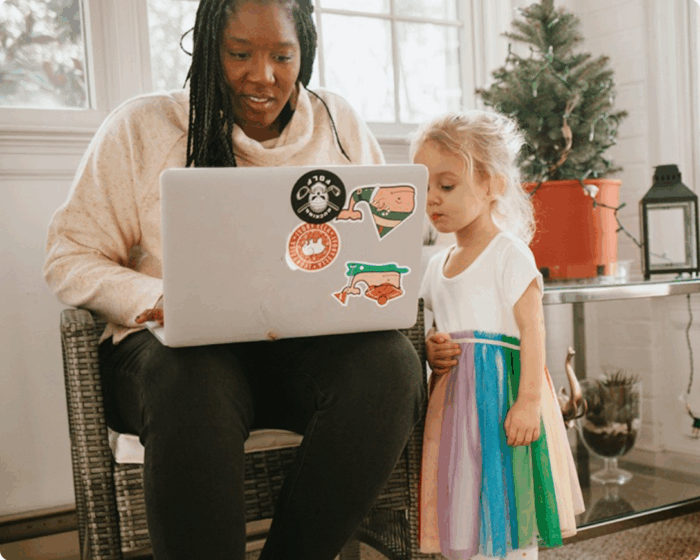This installment is part of an ongoing series about the challenges buyers face during COVID-19 and how the homebuying process is adapting to meet their needs.
With the housing market adjusting to life under quarantine, the business of homebuying is going digital. Real estate agents are offering virtual tours of houses that are for sale, for example, while sending paperwork to buyers via email.
And though not getting to see houses in person might be a big change for some, for others, like Anna and Aaron Arcello of Amherst, Massachusetts, virtual homebuying was already the plan.
The couple toured their current house in Amherst via Facetime before moving to it from Milwaukee in August 2018. They’re now headed back to Milwaukee this spring and were already taking the digital approach before the virus broke out. Due to work and family responsibilities, the Arcellos simply can’t hop on a plane every weekend to look at houses in another part of the country, Anna explains.
Luckily, their experience in touring their current home virtually gives them an advantage with a process that has become necessary during the COVID-19 quarantine – but not everyone has that comfort level.
“If people were accustomed to [phyiscally] going into homes and hadn’t even thought they’d have to buy a house remotely, that could be a much farther thing for them to imagine,” Anna says.
But Vickey Barron, an associate real estate broker with Compass in New York City, assures that remote buying is not as complicated as it may seem. In fact, it can make life much easier, she says. Why spend the time bouncing around from house to house when you can tour them without setting foot out your door?
The key is for buyers to simply be open to the idea. “I’ve personally bought two homes in my lifetime that I never set foot in, but I’m the type of person that can do that,” Barron says. Powering through the current conditions, she’s also helped several clients buy homes since COVID set in.
The mentality is similar to the way some folks are fine with buying clothes online while others really prefer to try them on in a store. “More buyers will join the ‘virtual group,’ but there will always be people who want to emotionally touch and feel and walk through that home,” Barron explains.






